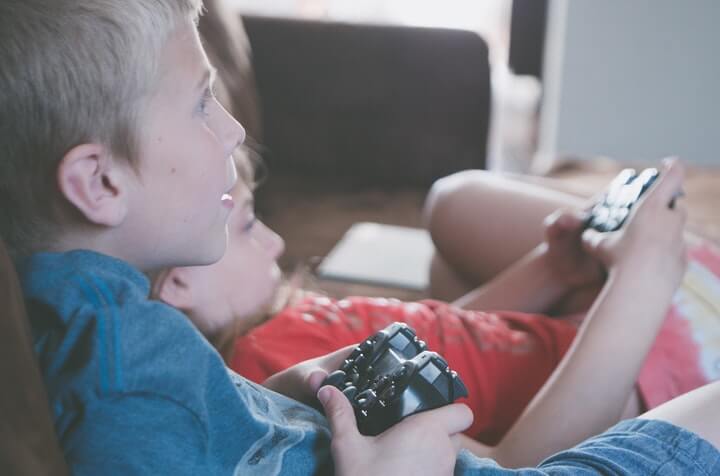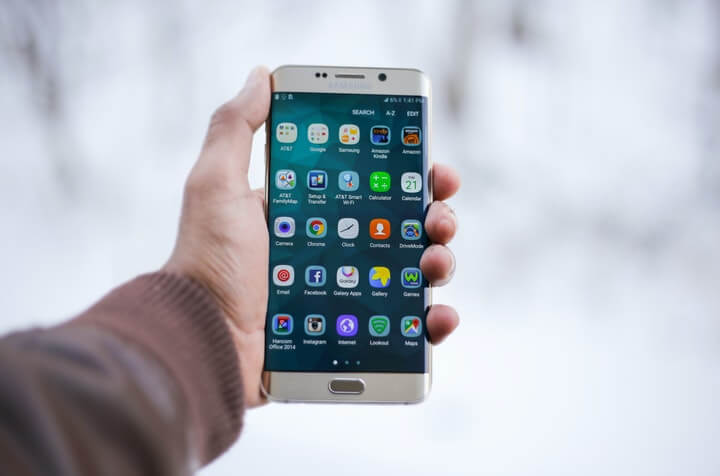
A gaming company from China, Tencent Holdings Ltd., has introduced a controversial new system called Midnight Patrol. This system employs facial recognition software to keep minors in China from playing games late at night. It comes after China adopted new regulations in 2019 that prevent children from gaming between 10 p.m. and 8 a.m. The recent rules have been specifically designed to curb the video gaming addiction problem that’s worsening among the youth in China.
Tencent’s system was linked with the central public security system database on February 2, 2021 to oversee players, especially minors who play late at night or play more than their daily allotted gaming time. Thanks to facial recognition software that compares their identity against information from the central database, players recognized as minors will be locked out from the game if they break one of the two aforementioned rules.
Tencent has announced that it will run facial recognition for accounts with real names and those who played for a specific amount of time at night. Players who refuse or fail facial verification will be assumed to be minors and removed from the game, as per the company’s game health system. Adults can resupply their face scan to remove the gaming ban. The system includes more than 60 games, with notable titles as Peacekeeper Elite and Honor of Kings. More games have been included in the pipeline for the future.
An accounting executive in eastern Jiangsu, Chen Lina, has said that this could be a significant change in the battle against gaming addiction. Her seven-year-old child is a dedicated player of Honor of Kings and can play 30 minutes once or twice a week via Chen’s account. However, she thinks her child might play longer in the future, so she welcomes facial recognition as a form of government and parental control against excessive gaming.
On the other hand, many minors who use WeChat have expressed discontent over these measures. One user said that he was caught, while another user noted that this is terrible news for high school graduates who are just months away from turning 18.
The new Chinese rules mean that children can’t play more than 90 minutes per day. Children also can’t pay more than $28 to $57 on microtransactions. All players, no matter their age, must use their real identities to register and play games. Finally, Chinese citizens cannot play games that have gore, sexually explicit scenes, gambling, or violence.
Your email address will not be published.
With a degree in humanities and a knack for the history of tech, Jovan was always interested in how technology shapes both us as human beings and our social landscapes. When he isn't binging on news and trying to predict the latest tech fads, you may find him trapped within the covers of a generic 80s cyberpunk thriller.


